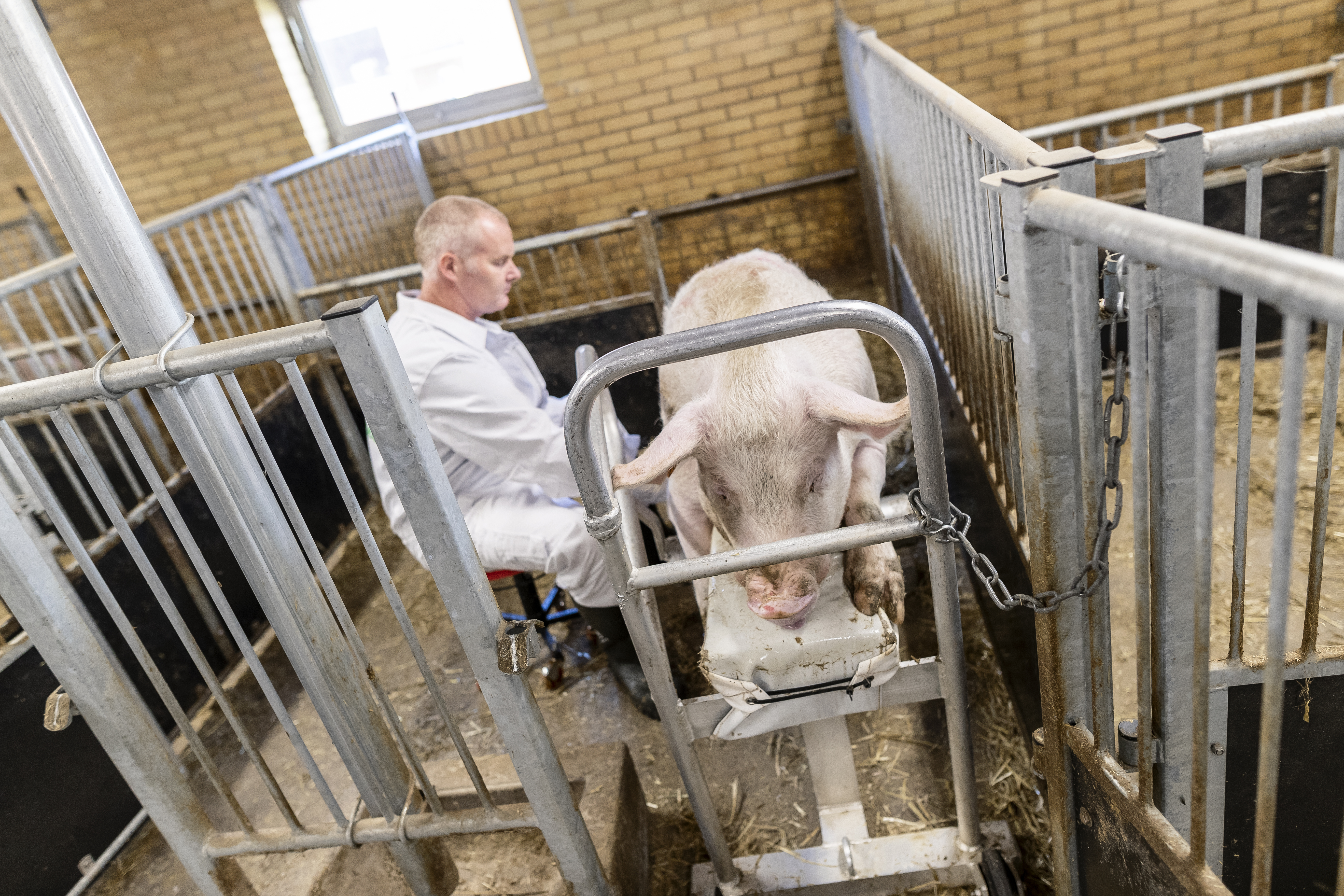Innovative thinking paves the way for increased health in the Danish swine industry
By Danish Genetics - Friday, 27 September 2019
The swine industry is a vulnerable system, which the latest outbreak of PRRS at Hatting Horsens is proof of. This concerns everybody in the industry and not at least the infected herds, who are facing the consequences, which the infections through semen has caused. That is why action is necessary to reduce the risk of infection.

The recent happenings at Hatting Horsens rises concern for a lot of people. Several farmers are experiencing herds and areas that were previously free or sanitized of PRRS which are facing an entirely different situation after the outbreak. The situation can have wide consequences with the risk of the PRRS infection spreading from farmer to farmer.
“A lot of us in the industry are deeply concerned by the happenings concerning the PRRS outbreak in July. Since PRRS came to Denmark in the 90’s the risk of infection has been one that many farmers had to live with. Seen through the lens of the latest years of sanitizing in numerous herds, this outbreak hits extremely hard, because we are now set back several years. You do not wish for a situation like this to hit anybody, because it has consequences for all of us in the industry in one or the other way. That is why it is now a common task for us in the industry to work and be innovative to reduce the risk of infections in the future,” Lars Dall, CEO at Danish Pig Genetics, says.
Health is on the agenda
For many years the swine industry has experienced demands from both farmers and veterinarians for an improved health level and an increased insurance against PRRS infections through semen. Exactly on that basis Danish Pig Genetics decided to set it as a requirement to have a 100 percent PRRS negative breeding program despite increased costs.
“With the establishment of Danish Pig Genetics, we wanted to be innovative and create new standards for genetic development and swine production. That is why it was never up for discussion that we in Danish Pig Genetics would put it as a requirement for our breeding program to be 100 percent PRRS negative from day one. We are as a significant player in the industry bound to be innovative and take the lead when it comes to health and listen to the customers to participate in reducing the risk of PRRS through semen so that we in cooperation can raise the health level in the agriculture,” Lars Dall explains.
The 100 percent PRRS negative breeding program means all breeding herds has to be PRRS negative and that PRRS vaccinated boars are not accepted in the way other breeding companies do today.
An important cooperation
In the beginning of the year Danish Pig Genetics announced a nation-wide artificial insemination (AI)-setup with Ornestation Mors. Ornestation Mors are now handling 500 Danish Pig Genetics AI boars of the races Landrace, Yorkshire and Duroc who deliver semen for pig producers all over the country.
“We are extremely happy about the cooperation with Danish Pig Genetics. We are noticing an increasing demand from customers who are emphasizing that Danish Pig Genetics has a PRRS negative breeding program and in general are thinking in innovative ways when it comes to infection protection,” explains Johnny Markussen, CEO of Ornestation Mors.
One of the first actions Danish Pig Genetics did was to install UVC filters in all the AI stations. UVC plants prevent PRRS reinfection and increase the infection protection at the AI station. Yet another important action for both customers and the industry in general which is a part of setting the tone for the future of pig breeding.









